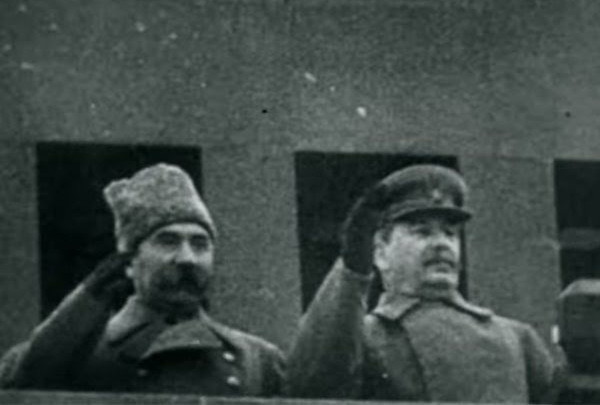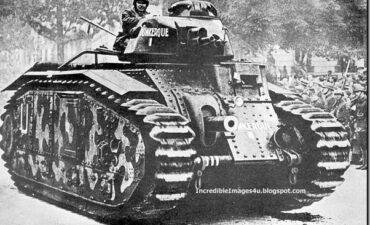What was Joseph Stalin’s humour? Joseph Stalin, the Soviet leader from the mid-1920s until his death in 1953, was known for his ruthless and often brutal methods of governance. His humor, which is documented through various accounts and anecdotes, often reflected his harsh personality and the atmosphere of fear he cultivated.
Here are some characteristics of Stalin’s humor:
Dark and Sardonic:
Stalin’s humor was frequently dark and sardonic. He often made jokes that highlighted his own ruthlessness or the misfortunes of others.
Mocking and Sarcastic:
He enjoyed mocking his subordinates and those around him, sometimes using sarcasm to belittle them.
Intimidating:
His jokes were often used as a tool of intimidation, making those around him feel uneasy or fearful. This type of humor reinforced his authority and control.
Political and Ideological:
Stalin’s humor sometimes had a political or ideological bent, reflecting his communist beliefs and the propaganda of the time.
Cruel:
Some anecdotes suggest that Stalin’s jokes could be outright cruel, making light of serious situations or the suffering of others.
A famous example of Stalin’s dark humor is his comment, “Death solves all problems—no man, no problem.” This quote, whether apocryphal or not, illustrates the cold and calculating nature of his sense of humor. Additionally, during the Great Purge, when many Soviet officials and citizens were executed or sent to the Gulag, Stalin reportedly made chilling jokes about their fates.
In summary, Stalin’s humor was often a reflection of his tyrannical rule, characterized by its darkness, sarcasm, and cruelty. It served as both a means of reinforcing his power and a reflection of the terror he imposed on those around him.








